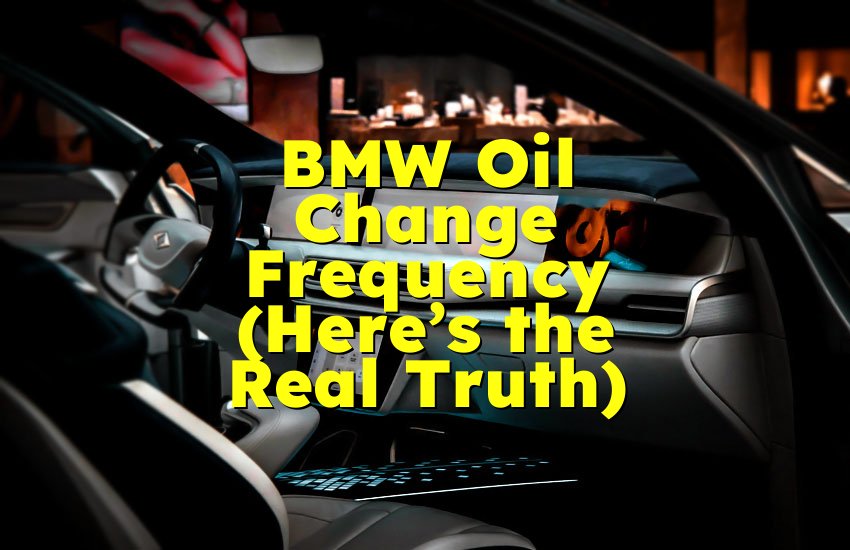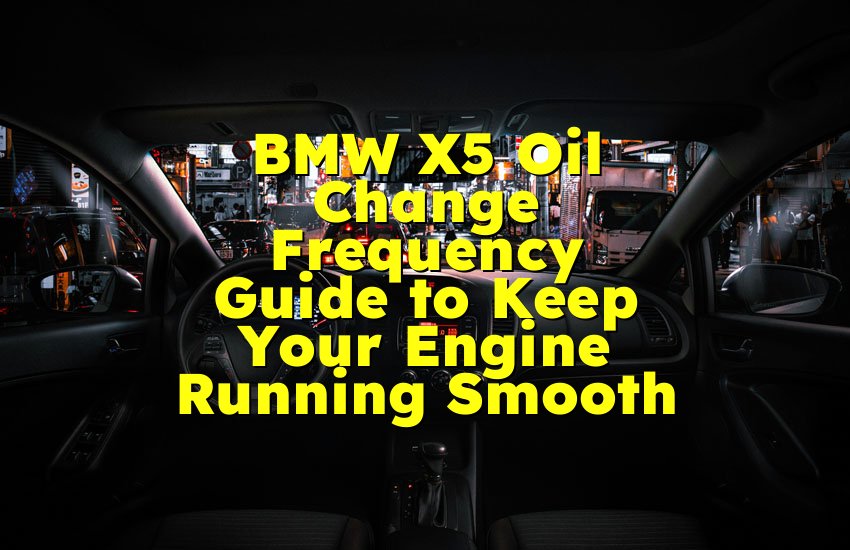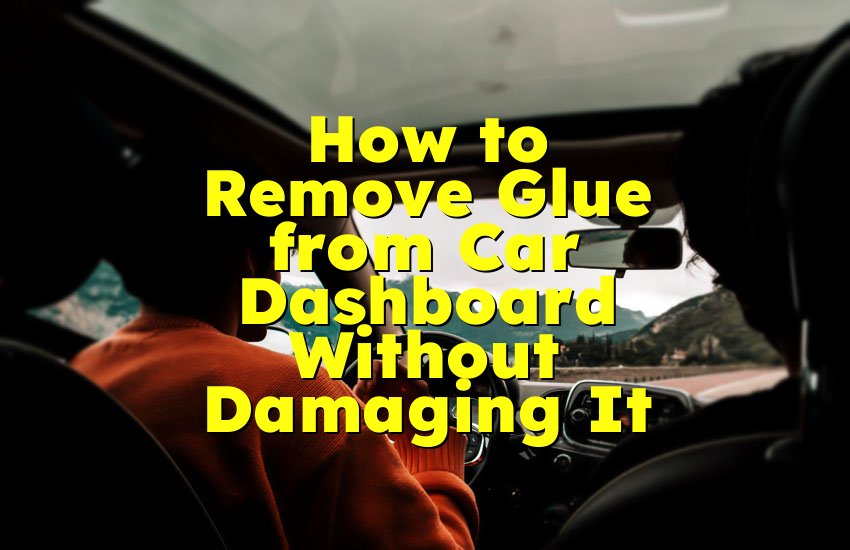As an Amazon Associate, I earn from qualifying purchases at no extra cost to you.
Will Slamming On Brakes Damage Car : The Perils of Abrupt Halts
Jamming on brakes can potentially damage a car, leading to wear and tear on the brake system. This can result in premature brake failure and costly repairs.
Slamming on the brakes in your car can have adverse effects on the vehicle’s braking system. The sudden and forceful application of the brakes can cause strain on various components such as brake pads, rotors, and calipers. This can lead to overheating, warping of parts, and increased wear and tear on the brake system.
As a result, it is essential to practice safe and gradual braking to prevent potential damage to your car and ensure the longevity of your brakes.
The Science Of Braking
Understanding the impact of braking on your car goes beyond just hitting the brakes. Learn why slamming on the brakes can potentially harm various components of your vehicle.
The Physics Behind Braking
When braking your car, kinetic energy from motion is converted to heat through friction, slowing down the car.
Impact On Car Components
- Brake pads wear out faster due to sudden, excessive friction.
- Tires can develop flat spots or wear irregularly from abrupt stops.
- Suspension system may experience stress, affecting handling and comfort.
- Transmission can be strained, leading to potential damage over time.
Effects Of Abrupt Braking
Abrupt braking can have significant effects on your car’s overall performance and longevity.
Tire Wear And Tear
Tires are prone to uneven wear due to sudden braking, leading to premature replacements.
Suspension And Alignment Issues
Abrupt braking causes stress on suspension components, resulting in misalignment and premature wear.
Braking Techniques For Vehicle Longevity
Implementing proper braking techniques not only helps in ensuring safety on the road but also plays a significant role in the longevity and health of your vehicle. Excessive and sudden braking can subject a car to unnecessary wear and tear, potentially leading to damage.
Progressive Braking
Progressive braking involves applying gradual pressure on the brakes, allowing the vehicle to slow down smoothly. This technique not only reduces wear on brake pads and rotors but also prevents sudden jerks that could damage the car’s mechanical components. By applying pressure in a progressive manner, you can prolong the lifespan of your vehicle’s braking system.
Anticipatory Driving
Anticipatory driving involves being proactive and predictive on the road. By maintaining a safe distance from the vehicle in front and anticipating potential hazards or obstacles, you can reduce the need for sudden and harsh braking. Anticipatory driving not only promotes safety but also helps in minimizing wear and tear on the vehicle’s brakes, ultimately contributing to its longevity.
Safety Considerations
Slamming on brakes can cause wear and tear, and potentially damage the car’s braking system over time. It can lead to rotor or brake pad damage, reducing safety and performance. Properly maintaining the car’s brakes and driving cautiously can help prevent unnecessary wear and potential damage.
Rapidly slamming on the brakes can have significant safety implications for both your car and its passengers. It’s important to understand the risks associated with such sudden braking maneuvers. This section will explore the potential for rear-end collisions and the impact on passenger safety when brakes are slammed.
Risk Of Rear-end Collisions
Rear-end collisions are a common consequence of slamming on the brakes abruptly. When you suddenly brake, especially without warning, the vehicles behind you may not have enough time to react and stop in time. This leads to an increased risk of colliding with your car from behind.
Such collisions not only pose a danger to your own vehicle but can also cause significant damage to the one hitting you. This can result in costly repairs, insurance claims, and potential injuries to both drivers and passengers.
To avoid rear-end collisions, it is important to maintain a safe stopping distance from the car in front of you and brake gradually when approaching a sudden stop.
Impact On Passenger Safety
Slamming on the brakes can have a profound impact on passenger safety within your vehicle. When brakes are applied suddenly and forcefully, passengers may be thrown forward due to the inertia of their bodies. This can result in injuries such as whiplash, head trauma, or even fractures.
Moreover, abrupt braking can also affect the effectiveness of seat belts, especially if passengers are not properly restrained. The force exerted on the seat belts may exceed their capacity, causing them to stretch or fail, thus compromising passenger safety.
It’s crucial to prioritize the safety of your passengers by avoiding sudden braking whenever possible. By maintaining a steady and controlled approach to braking, you can reduce the risk of injuries and ensure a safer journey for everyone in the vehicle.
Environmental Impact
When it comes to the impact on our environment, slamming on the brakes in your car can have several negative consequences. Let’s take a closer look at how this driving behavior affects aspects such as fuel efficiency, emissions, and air quality.
Effect On Fuel Efficiency
Slamming on the brakes not only increases the risk of accidents but also leads to a significant decrease in fuel efficiency. When you brake suddenly, your car’s engine has to work harder to regain its speed, resulting in more fuel being consumed. This wasteful consumption can be costly for your wallet and harmful to the environment, as it contributes to increased carbon emissions.
Emissions And Air Quality
The abrupt braking motion is not just detrimental to fuel efficiency. It also impacts the emissions released by your vehicle, which in turn has a direct impact on air quality. When you slam on the brakes, your car emits higher levels of pollutants into the atmosphere, such as nitrogen oxides, carbon monoxide, and particulate matter. These emissions contribute to air pollution and can have detrimental effects on human health, particularly for those with respiratory conditions.
By continuously practicing aggressive braking, you not only increase your own exposure to harmful pollutants but also add to the overall air pollution levels in your community. Poor air quality can lead to a range of health issues, including respiratory problems, allergies, and even cardiovascular diseases.
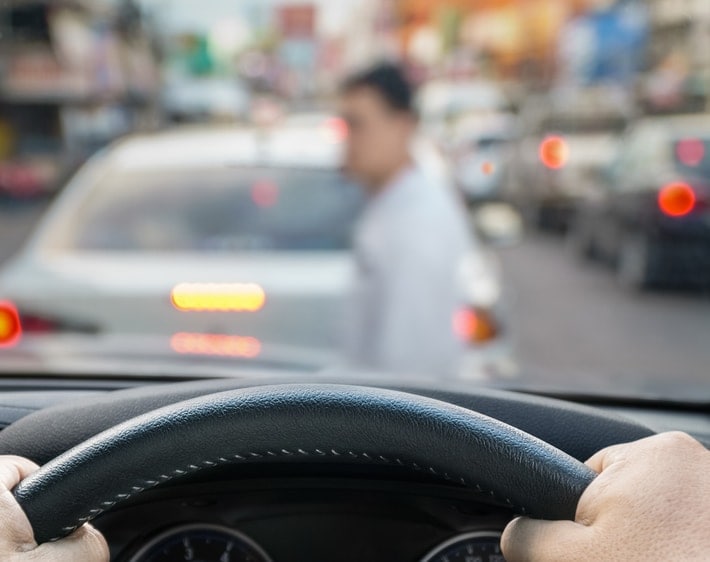
Credit: www.firestonecompleteautocare.com
Legal And Insurance Ramifications
In the event of slamming on brakes, there are potential legal and insurance repercussions to consider. Understanding the liability and insurance premium implications is crucial in navigating the aftermath of sudden braking situations.
Liability In Sudden Braking Situations
When a driver rapidly slams on the brakes, it can lead to potential liability for causing a rear-end collision. In legal terms, the driver typically has a duty to operate the vehicle in a manner that ensures the safety of others on the road. If sudden braking causes an accident, the driver could be held liable for any resulting damages or injuries.
Insurance Premium Implications
The impact of sudden braking on insurance premiums can be significant. Insurance companies may view frequent abrupt braking as a sign of aggressive driving behavior, which can lead to higher premiums. Additionally, if the sudden braking results in an at-fault accident, it could further raise insurance rates due to the added risk associated with such driving patterns.
Maintenance Tips For Braking System
Proper maintenance of your car’s braking system is crucial for ensuring your safety on the road. Keeping your brakes in top condition not only enhances your driving experience but also prolongs the lifespan of your vehicle. By following these essential maintenance tips, you can keep your braking system in optimal working order.
Regular Inspections
- Check brake fluid levels regularly
- Inspect brake pads for wear and tear
- Look for any signs of leakage or damage in the brake lines
Brake Pad And Rotor Maintenance
- Replace brake pads as needed
- Ensure proper alignment of brake rotors
- Address any vibrations or noises during braking promptly
Remember, neglecting your braking system can lead to decreased performance and potentially dangerous situations on the road. By staying proactive with maintenance, you can drive with confidence and peace of mind.
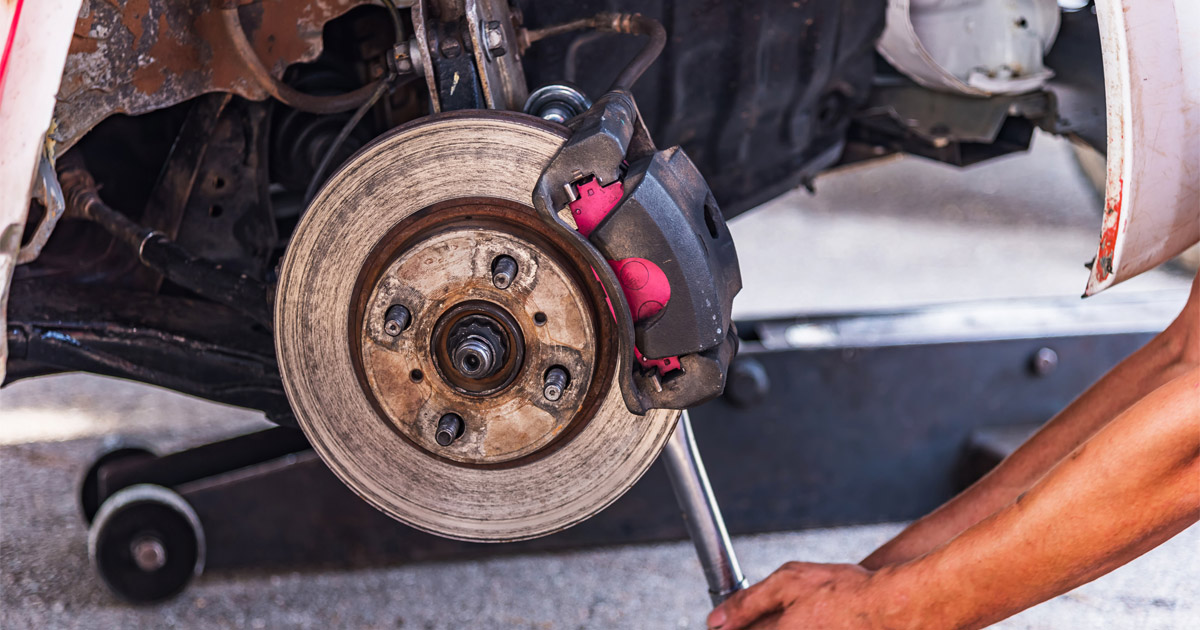
Credit: www.phillypilaw.com
Driving Culture And Education
Understanding the importance of safe driving practices and proper education is crucial in promoting road safety. By instilling good driving habits and teaching effective braking techniques, we can reduce the risks of accidents and damage to vehicles.
Promoting Smooth Driving Habits
Incorporating smooth driving habits into everyday practices can significantly impact both the driver’s experience and the longevity of the vehicle. By encouraging gentle acceleration and braking, drivers can minimize wear and tear on their vehicles.
Incorporating Braking Techniques In Driver Education
Driver education programs should emphasize the importance of proper braking techniques to avoid abrupt stops that can damage the car. Teaching drivers how to brake gradually and anticipate potential hazards can make a difference on the road.

Credit: www.facebook.com
Conclusion
Slamming on brakes can cause significant wear and tear on your car’s brake system. It is crucial to practice safe driving habits and avoid unnecessary sudden stops to preserve your vehicle’s longevity. Regular maintenance and mindful driving can help prevent damage and ensure a smoother and safer driving experience.







